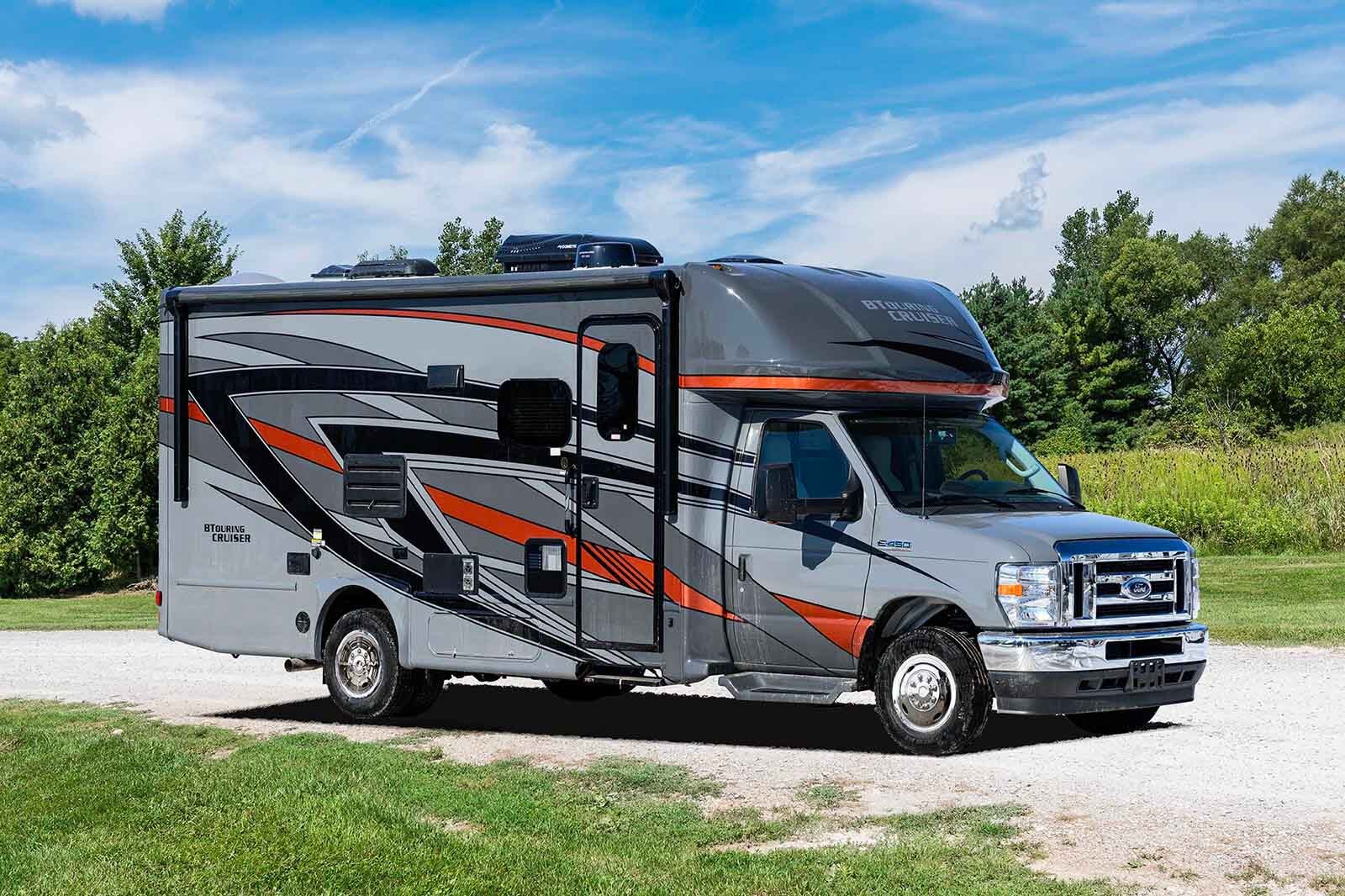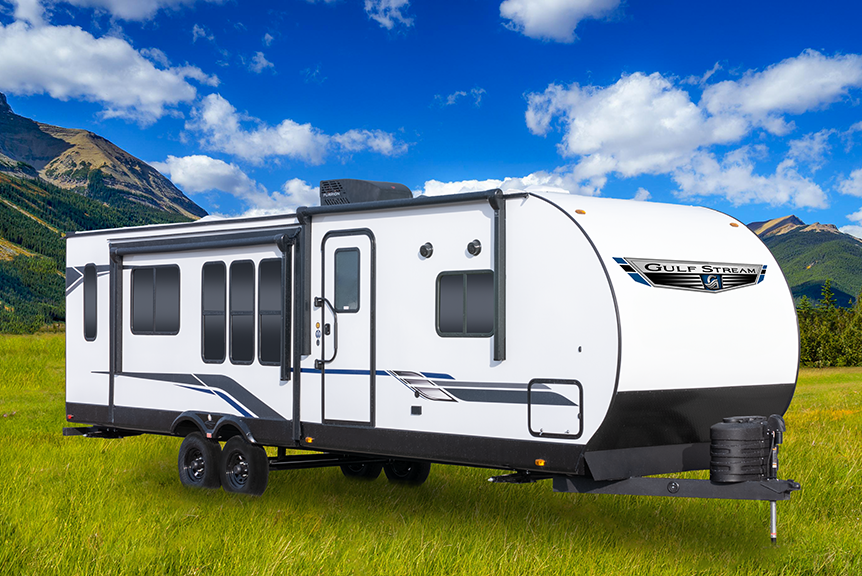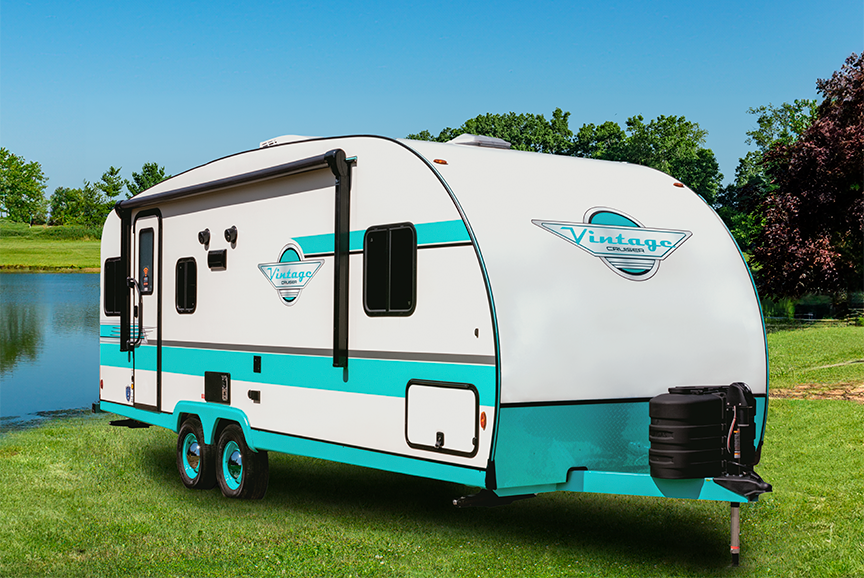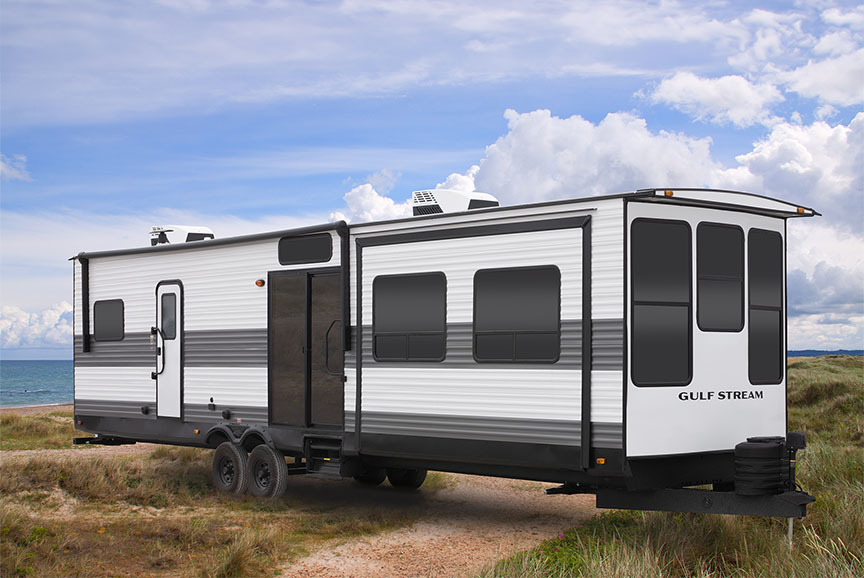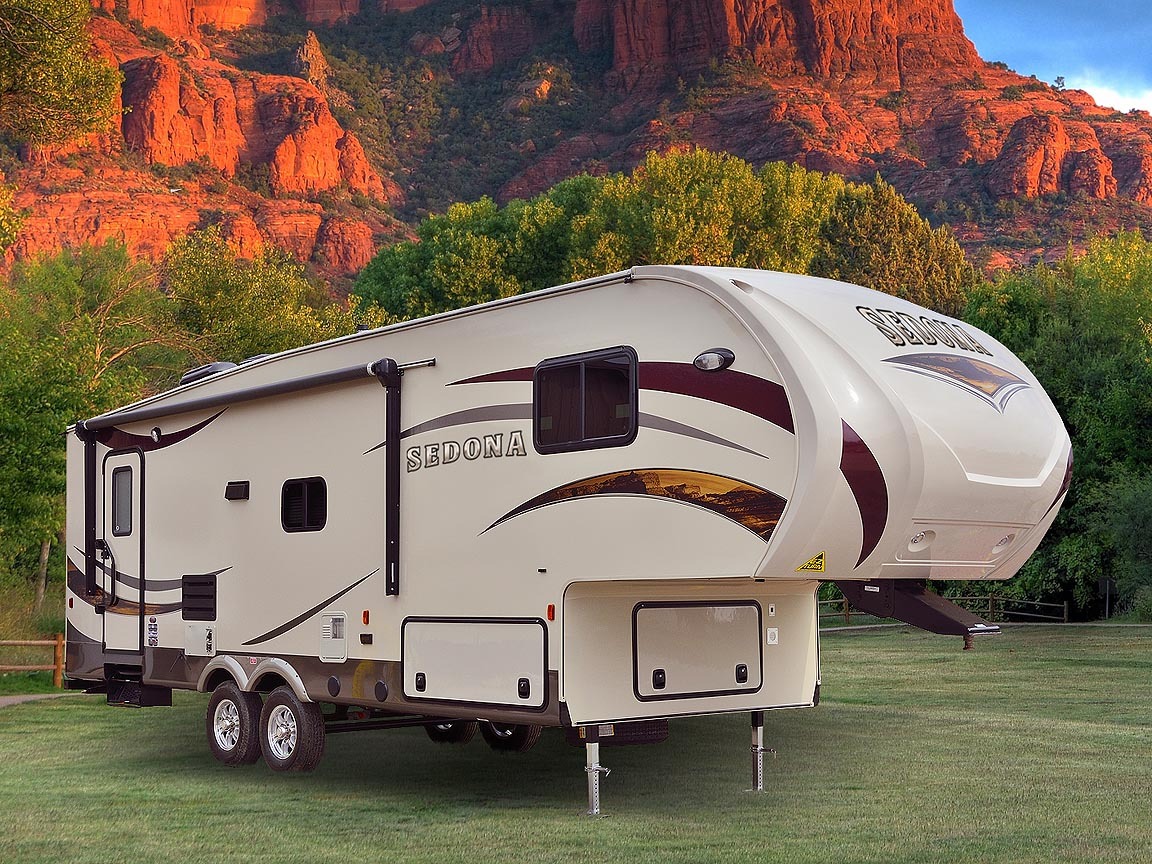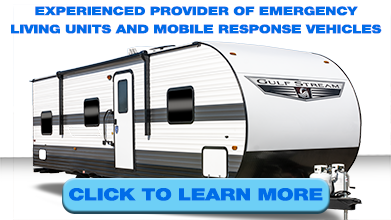Trailer Weight and Carrying Capacity Basics
(Back to Table of Contents)
When shopping for a new travel trailer, one important consideration is how much the trailer weighs. Your tow vehicle must be capable of supporting and towing the weight of the trailer.
Most brochures and Websites will list trailer weights along with other dimensions - But there’s more to the story. Here’s some important detail.
The weights listed online and in brochures are typically “Base Weights,” that include the weight of the basic trailer, but not the options that may be installed in the trailer you actually purchase. These options can add several hundred pounds to the total weight your tow vehicle will have to handle, so they should be taken into account.
To help verify the total weight including options, Federal regulations require that RV manufacturers provide a certified statement of the weight of your trailer, as equipped with options and accessories by the manufacturer. That weight statement is posted on an interior wall of a storage cabinet, often in a kitchen cupboard.
But that’s not the whole picture either. You will add additional weight to the trailer in the form of water, LP gas, food, dishes, utensils, clothing, camping gear, tools, etc. All of these items can add several hundred MORE pounds to the total weight.
It is essential that the TOTAL weight of your trailer, loaded for use, be somewhat LESS than the towing capacity of your tow vehicle. Check your vehicle user’s manual or the manufacturer’s online specifications to verify that towing capacity and stay well under it.
If you damage your tow vehicle by exceeding the manufacturer’s stated towing capacity, it is likely that needed repairs will not be covered by the vehicle warranty. Perhaps even more important, an overloaded trailer can be quite unsafe on the road, significantly degrading handling and braking, possibly causing a loss of control.
While researching weights, you will also want to check the “Net Carrying Capacity” of your new trailer. This “N.C.C” will be listed on the weight sticker in the kitchen. The Net Carrying Capacity, defined by Federal regulations, represents the amount of cargo and gear that the trailer frame, suspension, axles, and tires are certified to carry. Like the tow vehicle towing capacity, Net Carrying Capacity sets an upper limit to the amount of weight your trailer can support. And, as with towing capacity, overloading the trailer’s weight limit will void the trailer warranty and lead to possibly catastrophic loss of control.
You’ll also find information about “Hitch Weight” in your trailer specifications. This is the amount of weight that the tow hitch will have to support when the trailer is hitched to the tow vehicle. Hitch weight is some small percentage (typically 10% to 15%) of the total trailer weight, the rest being supported by the tires, wheels and axles of the trailer. Manufacturers locate the axles, tanks, and other structures in the trailer to make sure weight is distributed appropriately from front to back to achieve the desired hitch weight (in that 10% to 15% range.)
When you are loading your gear, supplies, food, etc. into the trailer, you must keep hitch weight in mind, and distribute the weight of your added gear evenly so that your hitch weight is not abnormally high/heavy or low/light. Both conditions will negatively affect handling, ride comfort, and safety.
If added gear is improperly distributed the situation is somewhat like an out-of-balance teeter-totter. With too much cargo toward the front/hitch, there will be too much weight on the tow vehicle rear wheels; with too much cargo toward the rear, there will be too little weight on tow vehicle rear wheels. This teeter-totter effect is clearly more pronounced with single-axle trailers, so those owners should pay particular attention to balancing their trailer load.
You’ve probably seen situations like these on the road, where trailers were clearly out of balance toward the front or rear. Either extreme should be avoided. Keep in mind, too - It’s very important to ensure that heavy objects don’t shift once you’ve loaded things, or the handling and hitch weight may change suddenly while you are motion.

